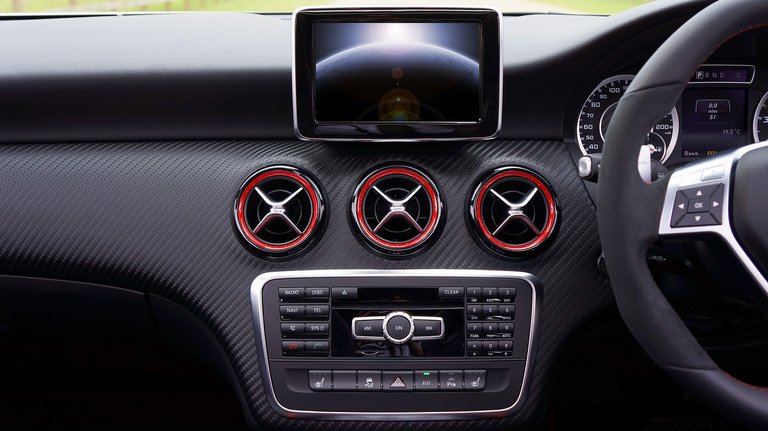Remembering Dedicated Sat Navs and the Future

The age of automotive travel is evolving every year it seems and all car manufacturers are in full EV swing. Cars have become a lot smarter with technology and as a result, safer. The term smart is applied everywhere, even with infrastructure implementing smart highways that are designed to be safer for drivers through engineering and technology. Planning and preparing for a journey is another side of keeping safe and satellite technology navigation has changed the way people drive in huge ways. I remember getting my firs TomTom car Sat Nav and mounting it to the dashboard. Punching in my destination and heading out was a great change over studying a map and noting down directions. Cars have changed since then and dedicated Sat Nav systems are thriving today but it’s been a while since I’ve heard of someone installing a new dedicated system to their car.
Most cars now come with their own built in navigation systems and modern cars have multifunctional dashboards that interface with mobile phones. Standalone Sat Nav systems like Garmin are still on sale today, offering extra bells and whistles. Dedicated units are supposed to perform better than smart phone solutions with constant map updates and supposedly superior traffic management and routing. Pairing this with some voice activation, music and even built in Alexa, it’s an updated approach to modern day users but is there any value in buying such a device?
Smartphones aren’t a replacement for everything but they can do a lot of things, GPS navigation included. Google Maps and Waze have both contributed to developing advanced traffic reporting systems. Using Google Maps to view photographic details on routes and making use of crowd sourced traffic information on Waze makes using a dedicated navigation system redundant. Cars either have their own built in systems that interface with mobile phones or drivers would rather opt for mounting their smartphones and using a hands free solution to get around safely. No need for extra devices and a phone will be removed after every journey, an extra benefit against theft break-ins. Companies like Garmin still sell their dedicated navigation devices but these will often run a person around a couple of hundred dollars. Retailers have been slowly dropping these units over the last few years, for obvious reasons. It remains to be seen what else the mobile industry will consume in the coming years.
GPS Navigation units have served a purpose in realising what customers need but it’s also an example of better implementation and data availability in the modern age. Perhaps in the future a new way to navigate will come to market. Many drivers make use of dash cams and mirrors for incident recording and I don’t think a phone will be able to replace this functionality, not yet anyway. Cars will continue to evolve and include much of these features will be incorporated into new EV’s, leaving little room for third party devices to serve specific purpose. One angle I would like to see explored is AR and navigation. With screen less technology being teased, AR navigation may be the next step in orienteering on the road.
